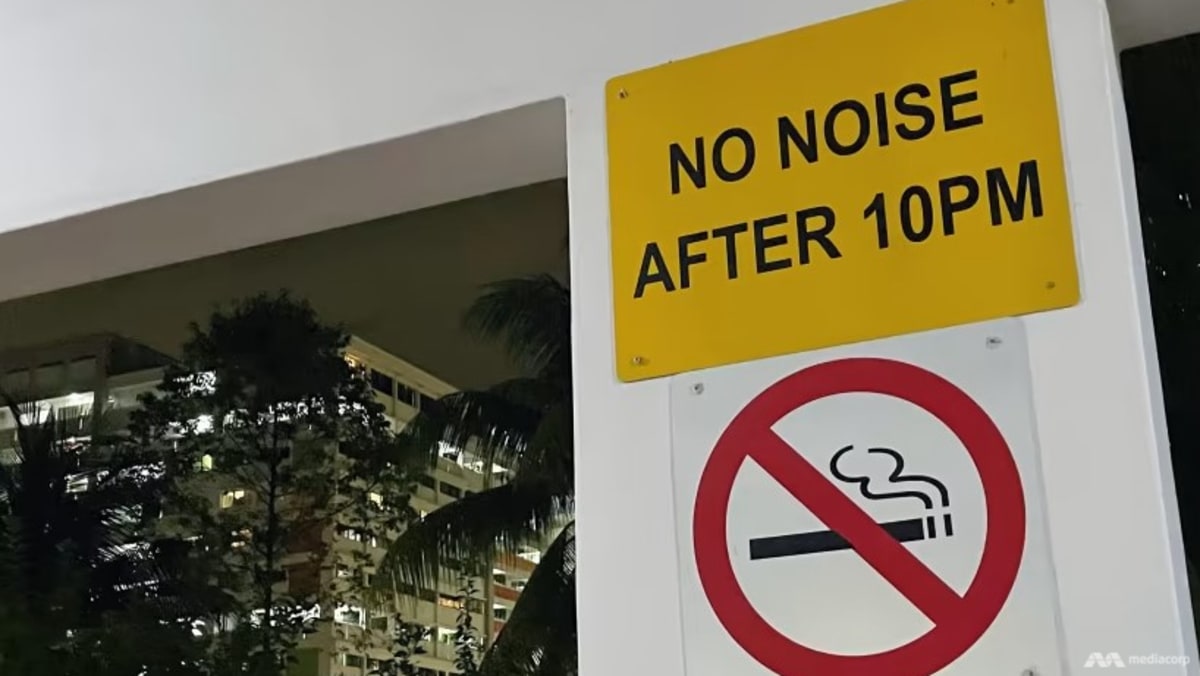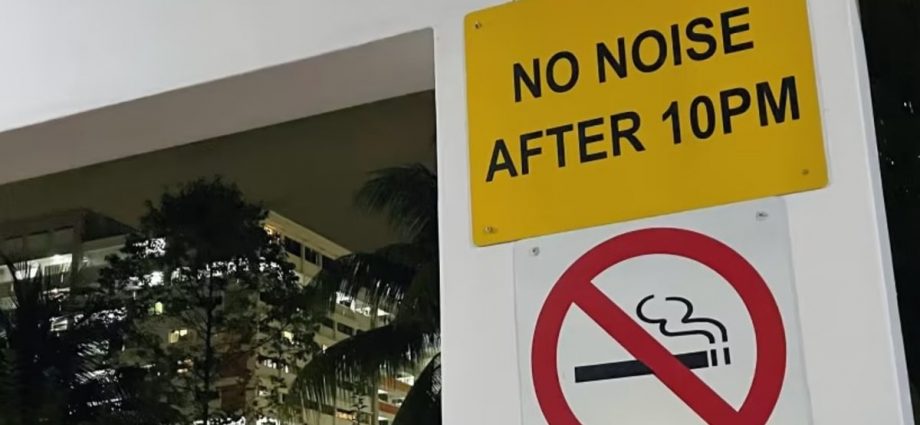
Mr Tong acknowledged that by making mediation mandatory, the overall settlement rate of the Community Mediation Centre may come down from its current rate of 80 per cent since not everyone will want to go through mandatory mediation.
“Nonetheless, it is important to provide parties with that platform to seek an amicable resolution and it can still be highly effective in the hands of a good mediator with some public education,” he said.
In response to a question from Mr Dennis Tan, Workers’ Party Member of Parliament (MP) for Hougang, on what categories of cases would be subject to mandatory mediation, Mr Tong said that one would be those related to noise because they make up the vast majority of neighbourly disputes.
The data showed that mediation was “by and large successful”, although voluntary cases handled at the Community Mediation Centre represented a minority of dispute cases, Mr Tong said.
This was because many neighbours with disputes do not attempt mediation. Of all cases that result in neighbourly disputes, 30 per cent go to voluntary mediation at the Community Mediation Centre, Mr Tong disclosed.
This could be because mediation is voluntary. Parties may also believe that mediation will not be effective in resolving their dispute. They may also escalate the matter to courts without trying mediation first, he added.
To give mediation more standing and teeth, MinLaw will create a mechanism for settlement agreements mediated by the Community Mediation Centre to be registered and enforced as a Community Disputes Resolution Tribunal order, provided that certain conditions are met, Mr Tong said, adding that the ministry will set out those conditions later.
To support efforts to make mediation more accessible to the community, the Community Mediation Centre has begun to increase the number of mediators on its panel of accredited community mediators.
For cases that remain unresolved, the Community Disputes Resolution Tribunal will continue to serve as an avenue of last resort.
“We will make improvements to address feedback that laypeople face in collecting evidence, which has been raised in this House before, (and) navigating the Community Disputes Resolution Tribunal’s procedures and processes,” Mr Tong said.
Additionally, there will be stronger measures to deter non-compliance with the Community Disputes Resolution Tribunal’s orders.
MinLaw will also study how to address cases where a person’s act of nuisance may be linked to an underlying mental health condition.
To ensure that residents are aware of their options and have the resources available to resolve community disputes, Mr Tong said that MinLaw is working with community partners to give advice and guidance to residents.
They are also looking at the possibility of providing legal representation in more complex cases.
Mr Tong cited the example of the Community Law Centre launched in January this year by Pro Bono SG, which involves full-time community lawyers providing legal advice and assistance to the community on various legal issues.
MinLaw will assess how best to expand the Community Law Centre at an appropriate juncture, he added.
This story was originally published in TODAY.

